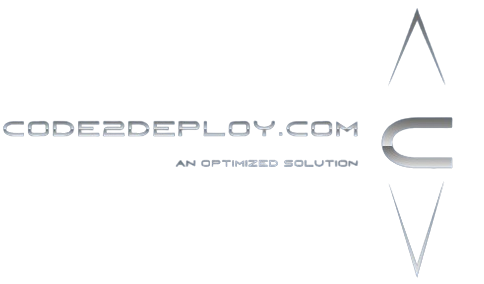Jenkins is a widely used open-source automation server that facilitates the continuous integration and continuous delivery (CI/CD) of software projects. It is highly extensible and offers a vast array of plugins to support the automation needs of various software development processes.
Here are some key details about Jenkins:
- Continuous Integration and Continuous Delivery: Jenkins automates the process of integrating code changes into a shared repository and delivering them to production. This helps teams to continuously build, test, and deploy software, ensuring faster delivery cycles and higher quality releases.
- Plugin Architecture: Jenkins boasts a rich ecosystem of plugins that extend its functionality. These plugins cover various aspects of the software development lifecycle, such as version control systems (e.g., Git, Subversion), build tools (e.g., Maven, Gradle), testing frameworks (e.g., JUnit, Selenium), deployment tools, and more. This extensibility allows Jenkins to be tailored to the specific needs of different projects and teams.
- Pipeline as Code: Jenkins supports defining pipelines as code, which allows teams to describe their CI/CD workflows in a version-controlled file. This approach provides several benefits, including better visibility into the build process, easier collaboration among team members, and the ability to track changes over time.
- Distributed Builds: Jenkins supports distributed builds, allowing teams to distribute build and test workloads across multiple machines or agents. This can help improve build performance and scalability, especially for large projects with complex build requirements.
- Integration with Other Tools: Jenkins can integrate with various third-party tools and services commonly used in software development, such as issue trackers (e.g., Jira), collaboration platforms (e.g., Slack), and cloud services (e.g., AWS, Azure). This enables teams to incorporate Jenkins into their existing toolchains and workflows seamlessly.
- Community Support: Jenkins has a large and active community of users and contributors who provide support, share best practices, and contribute to the development of plugins and extensions. This vibrant community ensures that Jenkins remains a robust and evolving platform that meets the needs of modern software development practices.
Overall, Jenkins is a powerful automation server that plays a crucial role in enabling teams to streamline their software development processes, improve productivity, and deliver high-quality software more efficiently. Its flexibility, extensibility, and strong community support make it a popular choice for organizations of all sizes across industries.


